I’m back. Out from underneath the long arm of the law. Mao can’t hold me down. I’ve risen above the man. I broke free from the chains. Let freedom ring! Okay, this is a bit melodramatic. But still, I can now report something I never imagined I would be able to say: I have been censored by the government.
The night of our arrival in Beijing, I was hunting through my bag for a clean pair of socks (knowing full well no such item existed) when I was startled by a shrill cry from the opposite side of the room. Jeannie was aghast. Fist pounding and feet stamping ensued. “My Facebook page is blocked,” she exclaimed. I rushed to console her, all the while thinking what a blessing six days would be without “The Face.” After all, this journey is about traveling beyond comfort zones and testing ourselves by living without the normal conveniences of life. “Oh my gosh, your blog is blocked too,” Jeannie said. Now I was pissed.
Jokes aside, this encounter with cyber censorship brought us eye to eye with a shocking truth. In the year 2009, 1.2 billion people live their lives in a world where the national government determines what they read and when they read it. The Party controls the media. If they decide they don’t like the message, or even the tone, it’s gone. Anything that doesn’t satisfy their agenda is immediately filtered, leaving only their carefully chosen words for consumption. The truth is spun, facts are disguised, and a nation of people is left with only one perspective. My American soul doesn’t allow me to imagine a life like this. I reject it even as a possibility. But this experience has forced me to confront this reality.
In Hong Kong, where the media is still free, I read an article in the South China Post about an entrepreneur from mainland China who founded a Twitter clone site in Beijing. What started as a social networking site, soon evolved into a public forum for people to post their personal views. There was a groundswell of liberal commentary on the site in the weeks following the recent unrest in Urumqi—a region in western China populated by an ethnic minority group. The government presented the creator of the site with an ultimatum. He either allowed the Party to censor the material posted by his users, or he faced having his site shut down. He refused to allow censorship. Days later, millions of people found a blank page when they visited the site. This ultimatum is not only presented to Chinese companies. Both Google and Yahoo allow the government to censor their search engines. An enquiry in Beijing produces an entirely different list of sites than one in Los Angeles.
Yet the Chinese people have many reasons for which to thank the People’s Party. I wasn’t in Beijing twenty years ago, but I gather the overall condition has improved. Life is crowded and congested, but I think the average person is happy. I can’t help but recite the old adage, ignorance is bliss. I think we could all benefit from a little less mauling and mayhem on the evening news. There I go, a true American, presenting two sides to the story.
The night of our arrival in Beijing, I was hunting through my bag for a clean pair of socks (knowing full well no such item existed) when I was startled by a shrill cry from the opposite side of the room. Jeannie was aghast. Fist pounding and feet stamping ensued. “My Facebook page is blocked,” she exclaimed. I rushed to console her, all the while thinking what a blessing six days would be without “The Face.” After all, this journey is about traveling beyond comfort zones and testing ourselves by living without the normal conveniences of life. “Oh my gosh, your blog is blocked too,” Jeannie said. Now I was pissed.
Jokes aside, this encounter with cyber censorship brought us eye to eye with a shocking truth. In the year 2009, 1.2 billion people live their lives in a world where the national government determines what they read and when they read it. The Party controls the media. If they decide they don’t like the message, or even the tone, it’s gone. Anything that doesn’t satisfy their agenda is immediately filtered, leaving only their carefully chosen words for consumption. The truth is spun, facts are disguised, and a nation of people is left with only one perspective. My American soul doesn’t allow me to imagine a life like this. I reject it even as a possibility. But this experience has forced me to confront this reality.
In Hong Kong, where the media is still free, I read an article in the South China Post about an entrepreneur from mainland China who founded a Twitter clone site in Beijing. What started as a social networking site, soon evolved into a public forum for people to post their personal views. There was a groundswell of liberal commentary on the site in the weeks following the recent unrest in Urumqi—a region in western China populated by an ethnic minority group. The government presented the creator of the site with an ultimatum. He either allowed the Party to censor the material posted by his users, or he faced having his site shut down. He refused to allow censorship. Days later, millions of people found a blank page when they visited the site. This ultimatum is not only presented to Chinese companies. Both Google and Yahoo allow the government to censor their search engines. An enquiry in Beijing produces an entirely different list of sites than one in Los Angeles.
Yet the Chinese people have many reasons for which to thank the People’s Party. I wasn’t in Beijing twenty years ago, but I gather the overall condition has improved. Life is crowded and congested, but I think the average person is happy. I can’t help but recite the old adage, ignorance is bliss. I think we could all benefit from a little less mauling and mayhem on the evening news. There I go, a true American, presenting two sides to the story.
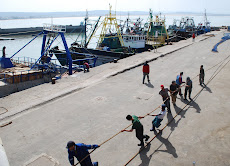
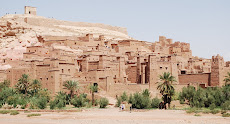
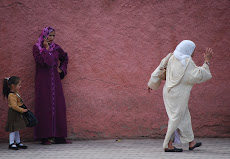
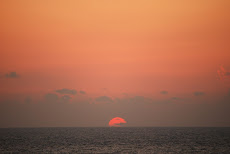
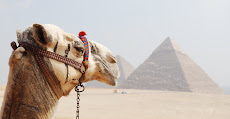

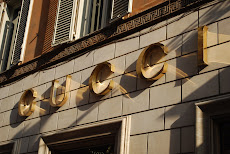




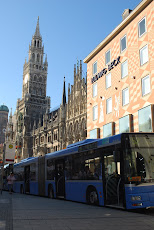
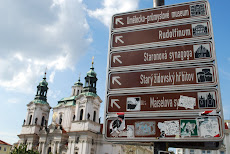

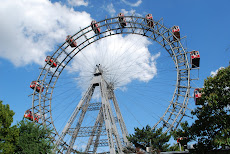


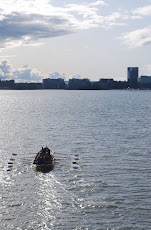



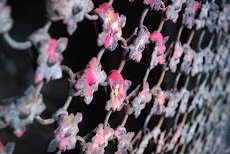
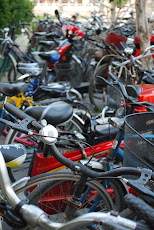
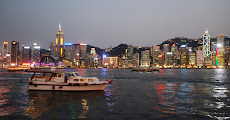
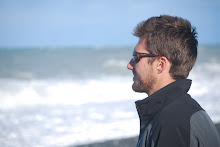
Twitter should be banned wordwide as it has been overwhelmingly proven to be a waste of time in any language.
ReplyDelete